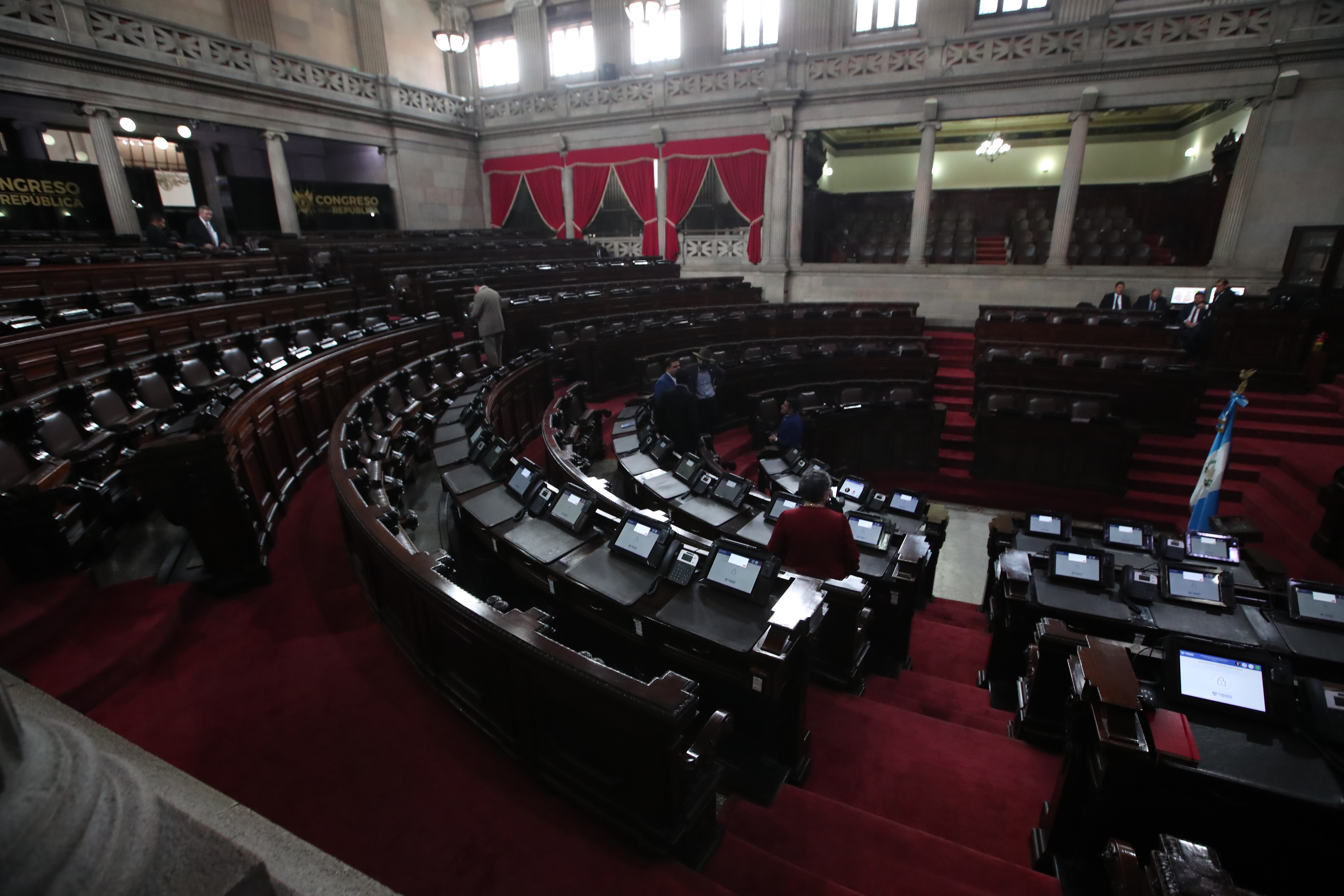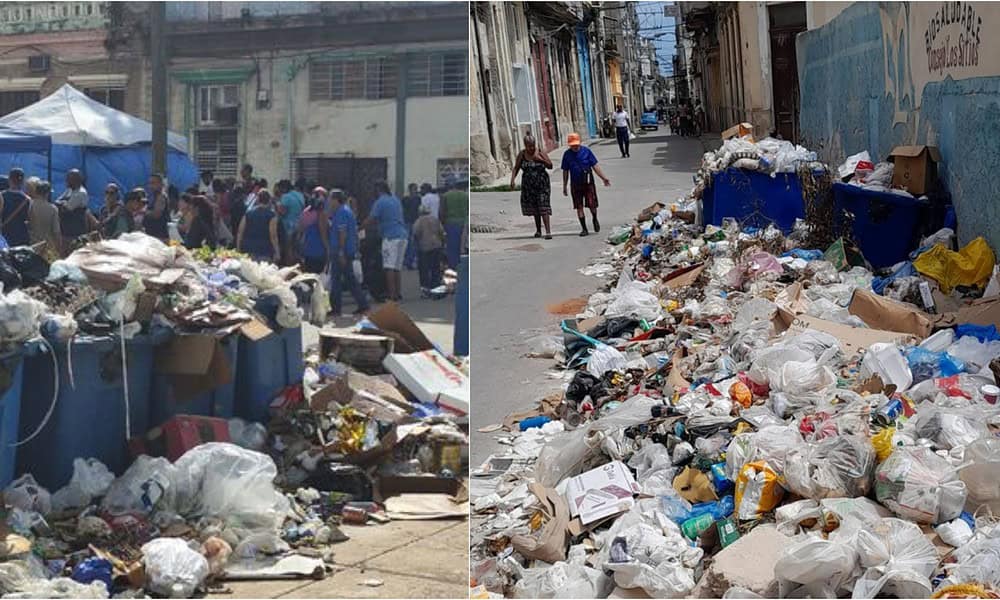Nicaragua has been experiencing a social and political crisis since 2018, which has worsened due to re-election in November 2021. Daniel Ortega After a disputed election. Opposition this Thursday Nicaraguan Democracy Concert (CTN-Monteverde) He has expressed his rejection in this situation.
“(Nicaragua) is experiencing a very brutal dictatorship under the Ortega-Murillo dictatorship,” he exclaimed, referring to the government led by Sandinista and his wife, the vice president. Rosario Murillo.
On the 45th anniversary of the Sandinista revolution, the Nicaraguan resistance movement in exile since 2007, during the Sandinista National Liberation Front. (FSLN) regained power, a The “state capture process” that left the country under the Ortega-Murillo family “He wants to establish a dynasty.”
According to CDN-Monteverde, since 2007, and mainly since 2018, More than 350 Nicaraguans have been killed for political reasons, hundreds imprisoned and exiled, and more than 800,000 displaced. Likewise, the opposition group described the Sandinista executive as “a Religious persecution It caused an unprecedented destruction of the entire political, social and commercial fabric of the country.
He condemned the alliance of the Sandinistas with North Korea, Cuba, China, Iran, the Taliban, Russia, Venezuela and others, because, in his opinion, it “aims to overturn the democratic order of the American continent.”
For CDN-Monteverde, “It is very important not to repeat these mistakes, and therefore, the leadership that envisions the reconstruction of post-Ortega Nicaragua considers it necessary to be truly committed to a wide range of principles and ideals. Freedom in all orders: political, economic, religious, ideological, social, with non-negotiable protection of dignity of life and human rights.”
“We cannot allow July 19 to remain. Somocismo and Sandinismo should be closed chapters of our history. “The new challenge will be to focus on building the democratic, free and prosperous republic we have always dreamed of,” he said.
On July 19, 1979, when the dictatorship of Anastasio Somoza Debayle was overthrown, according to the resistance movement, “a date outshone by history, the realities were diametrically opposed to the dreams of freedom, social justice and peace he had for the majority of Nicaraguans at the time.
Since the FSLN assumed power in 1979, it has implemented a Marxist-Leninist agenda that is diametrically opposed to the democratic concession it initially promised, and the opposition recalls that Nicaraguans have been subject to the whims of the party-state.
Further Abolished civil and economic liberties, He fully aligned himself with the dictatorships of Cuba and the former Soviet Union. Furthermore, he declared the United States the “enemy of humanity” and urged the expansion of the revolution to the rest of Central America.
Additionally, Destroyed Nicaragua's business and productivityThis caused an unprecedented economic crisis that destroyed the middle class About 200,000 Nicaraguans were deportedand pushed thousands of farmers to join the Nicaraguan resistance known as the “Contra,” which received arms from the United States to curb Soviet expansion in the region.
According to CDN-Monteverde, the cessation of Soviet support, pressure from the international community, and the belief that they maintained popular support allowed the “Contra” to hold an early and supervised election process on February 25, 1990. The people defeated the FSLN with their votes.
Nicaragua then began a difficult transition toward democracy, with an economy in ruin and more poverty than before the revolution, but the effort to rebuild the country independently lasted only 16 years, according to the balance of the opposition movement.
(with information from EFE)

:quality(85)/cloudfront-us-east-1.images.arcpublishing.com/infobae/DGOKAQVFQVAS7BOPNOVEBVGDUM)



